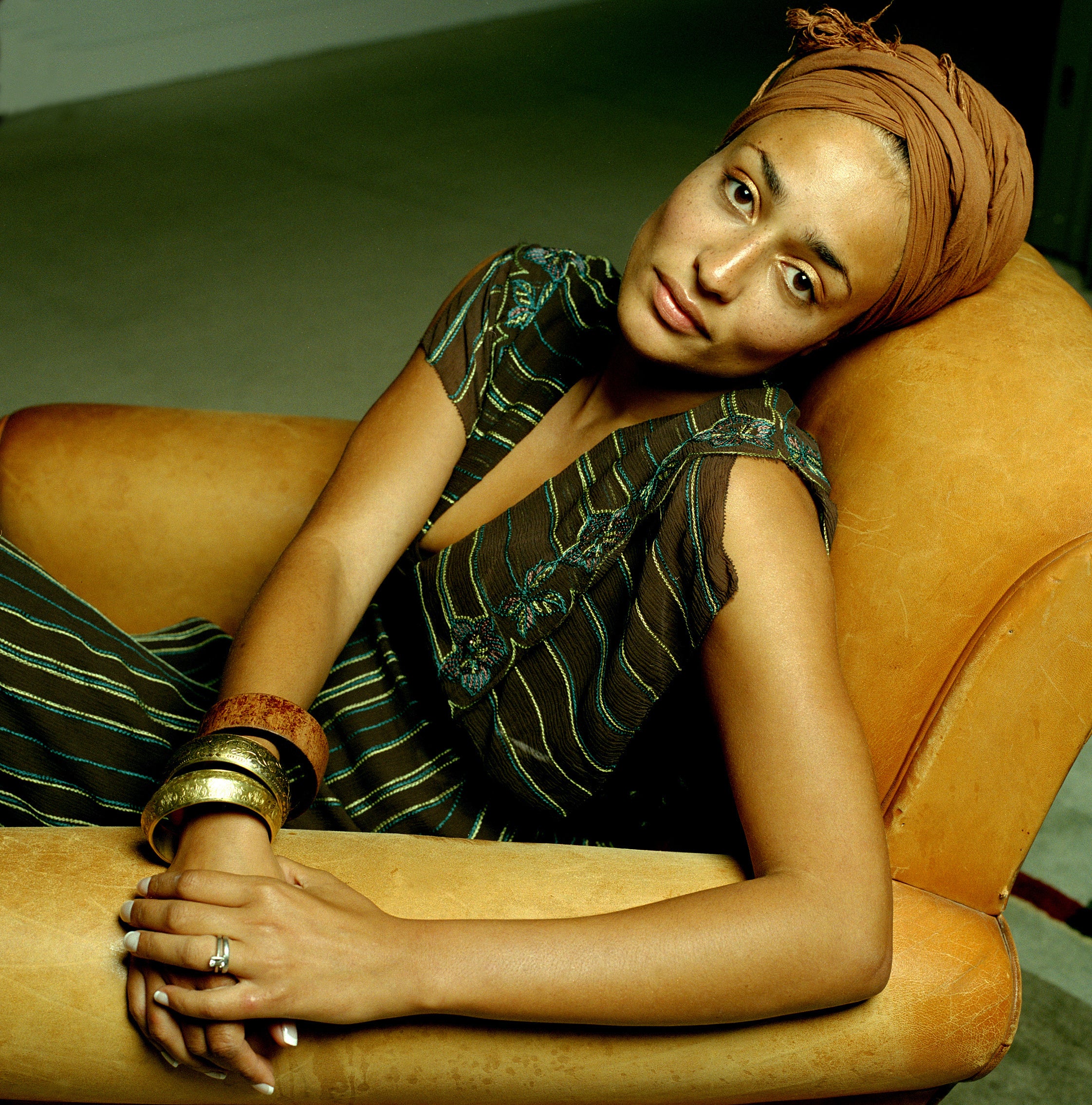
The beauty industry is booming, gaining $1 billion dollars in 2016 for the third consecutive year according to NPD Group. But not everyone is buying Best-selling British author Zadie Smith along with her 7-year-old daughter Kit, believe they are wasting their time fussing with beauty.
Smith, while speaking at the Edinburgh International Book Festival this past weekend — which prides itself on high profile debates and discussions such as this — informed attendees that she imposed a strict 15-minute time limit on her daughter’s “get-ready routine.”
Smith seemed to take particular concern with the industry’s current contour craze. “From what I can understand from this contouring business, that’s like an hour and a half and that is too long,” she told festival goers.
The amount of time her daughter took to get ready is why Smith implemented the 15-minute rule. “I saw that she had just started spending a lot of time looking in mirrors and it was infuriating me. I decided to spontaneously decide on a principle,” she stated.
But what Smith’s line of thinking misses (and she is certainly not the first or last to imply the frivolity of beauty) is that for many beauty is a source of pleasure — and in some cases their livelyhood.
Most women at one point or another have had to wrestle with the precarious nature of beauty — mainly how much time and perceived “effort” they put into their daily routine. Society often dictates that a woman should look put together, but not so much so that others might think she put too much time into her routine. This patriarchal laced notion, which is perpetuated by women who condemn those who take longer than 15 minutes to get ready, is problematic. Any time someone polices a woman’s choice, such as deeming her beauty routine too long or natural tresses unprofessional, they need to be quickly called-out and then stopped.
While one can only hope that the On Beauty author’s intention was not to shame the women (and men) who wholeheartedly enjoy beauty, but to merely make an observation about the aggressive marketing the beauty industry direct towards pre-pubescent girls, her remarks are still stinging.
Now more than ever, it’s imperative that we, both men and women, have deeper more nuanced conversations about the politics and psychology of beauty. Posing questions like why do some women feel the need to wear makeup or why they don’t feel ready to face the world without a full beat are far more helpful and constructive. As in most cases the “why” is far more telling and important than the what.
If we did actually began to concern ourselves with the why behind a woman’s beauty routine, instead of the routine itself, it would become abundantly clear that many concern themselves with beauty simply because it makes them feel good. Nothing more, nothing less.
The reason I spend time each morning concealing dark circles or covering up a blemish is not because I hope to win someone’s gaze but because I just feel better about myself when I do — and I suspect the same is true for many women. I don’t think I’m wasting my time, actually the complete opposite. Applying my makeup, like other parts of my beauty routine, has become the time I show myself love each morning, if only for 10-15 minutes.
Zadie is right, spending hours upon hours meticulously applying makeup each day, may not be the best use of time. But if makes someone feel happy and better about themselves then more power to them! As women, it’s time we finally stop shaming our fellow sisters for the beauty choices they make.





